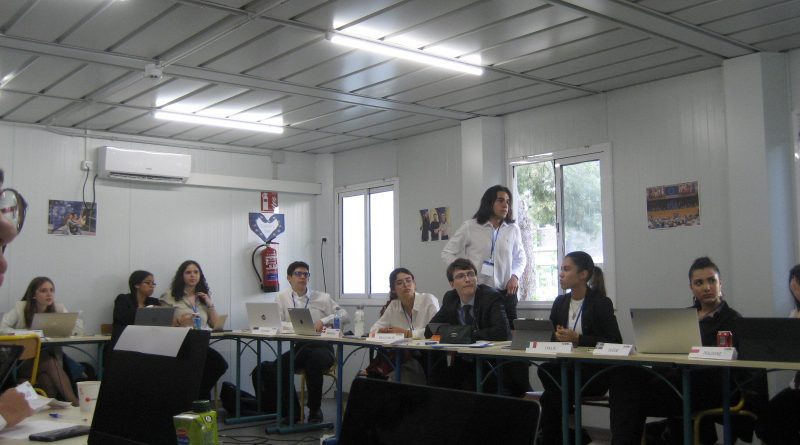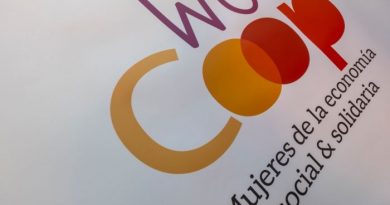Revisiting the stories of EUROmad 2023
While this year’s delegates are preparing for the upcoming MUNUCCLE 2023, let us rewind back to April, when memories were made during EUROmad 2023.
EUROmad is a simulation, or rather a modeling of European Union’s institutions, organized by the school: le Lycée Français de Madrid, since 2019. It’s objective being to encourage the “art” of debating among students. Below, you can find two short accounts covering the happenings of the “art” mentioned.
A snapshot of first debates

In the Agriculture and Food Sovereignty Commission the discussion seemed to be reaching the same two conclusions: food security is our priority and olive oil makes for the best example of a non-essential product. This remains debatable. Nevertheless, a vast alliance of countries, with Greece taking the floor, proposed the following amendment to Article 2: to aid the economy through imposing a slightly heavier tax on non-essential products. Consequently, encouraging countries to prioritize vital essential products. Croatia swiftly formulated a counter-point: countries such as Greece, whose agricultural sector relies on exports of non-essential products (yes, olive-oil) would be, in a sense, penalized. Furthermore, the prices of all the non-essential products would sky-rocket, resulting in another crisis. A silent agreement between countries was arising gradually. The alliance, despite its motivation, failed to fend off the points that were made. The vote represented the truth: even some of the allies voted against their amendment, it got rejected and we went to lunch.
“Maybe if you read the article again” Croatia to Romania
The introduction of external players to the Agriculture and Food Security Commission disrupted the usual flow of the discussion.
Croatia’s amendment to Article 6 put forward a cooperation with Total Energies- a European oil giant. Due to its engagement with EU’s agriculture, it would make for a great candidate to supervise agricultural companies.

Well, at least according to Croatia. Belgium, impatient to take the table, whipped out in response a quote from a BBC article. “French oil company Total Energies knew at least 50 years ago about a link between burning fossil fuels and global warming.” The question begs to be posed: how can we trust them? Croatia continued on unphased: “None of us cared about climate change 50 years ago.” Society has changed and so did the company’s CEOs. It’s better to trust insiders from the European Union rather than outsiders such as the alternative company Tiktok.
Romania, however, wasn’t as keen to give the company the benefit of the doubt. It compared Croatia’s position as “’asking the member states to hand over power to Total Energies solely based on their supposed good will.” The response was straightforward: “Maybe if you read the article again, you would know the company has to comply to our regulations. We define the rules.”
Approaching the end, Finland made one last effort to oppose Croatia by arguing the project wouldn’t push the agricultural sector far enough to fight climate change. Despite Croatia’s conclusion, that the first step is always to start and give a better future to our children, the countries agreed in unison not to pass the amendment.
LAURA DĘBSKA / S6PLA / EEB1 UCCLE




